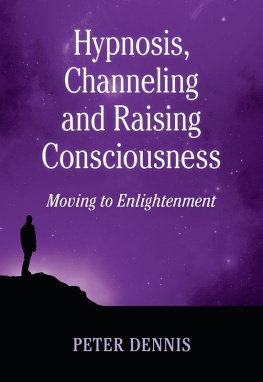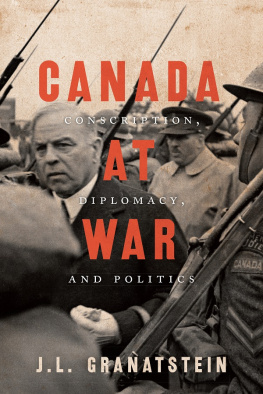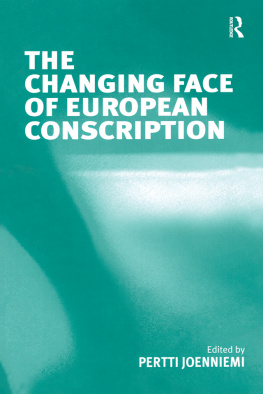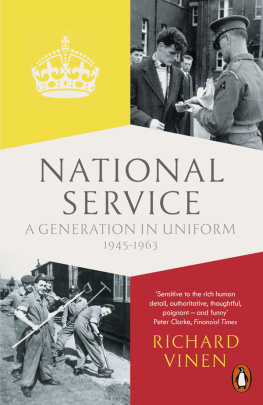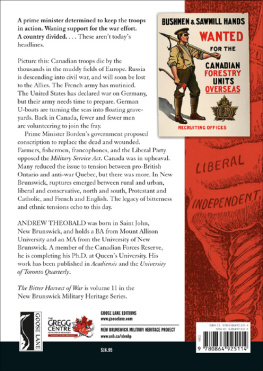First published in 1972 by Routledge & Kegan Paul Ltd
This edition first published in 2021
by Routledge
2 Park Square, Milton Park, Abingdon, Oxon OX14 4RN
and by Routledge
52 Vanderbilt Avenue, New York, NY 10017
Routledge is an imprint of the Taylor & Francis Group, an informa business
1972 Peter Dennis
All rights reserved. No part of this book may be reprinted or reproduced or utilised in any form or by any electronic, mechanical, or other means, now known or hereafter invented, including photocopying and recording, or in any information storage or retrieval system, without permission in writing from the publishers.
Trademark notice: Product or corporate names may be trademarks or registered trademarks, and are used only for identification and explanation without intent to infringe.
British Library Cataloguing in Publication Data
A catalogue record for this book is available from the British Library
ISBN: 978-0-367-61963-3 (Set)
ISBN: 978-1-00-314390-1 (Set) (ebk)
ISBN: 978-0-367-63544-2 (Volume 3) (hbk)
ISBN: 978-1-00-311963-0 (Volume 3) (ebk)
Publishers Note
The publisher has gone to great lengths to ensure the quality of this reprint but points out that some imperfections in the original copies may be apparent.
Disclaimer
The publisher has made every effort to trace copyright holders and would welcome correspondence from those they have been unable to trace.
First published 1972
by Routledge & Kegan Paul Ltd
Broadway House, 6874 Carter Lane,
London EC4V 5EL
Printed in Great Britain by
Ebenezer Baylis and Son Limited
The Trinity Press,
Worcester, and London
and set in Monotype Plantin
Peter Dennis 1972
No part of this book may be reproduced in
any form without permission from the
publisher, except for the quotation of brief
passages in criticism
ISBN 0 7100 7263 5
Contents
Acknowledgments
Abbreviations
Introduction
2 The breakdown of Locarno 192935
3 The debate on defence 19356
4 Will Britain fight to the last French soldier?
5 Limited liability 1937
6 An unforgettable past, an unpredictable future December 1937March 1938
7 An obligation of honour, a counsel of expediency MarchSeptember 1938
8 Peace with honour OctoberDecember 1938
9 The call for volunteers JanuaryMarch 1939
10 Does Britain mean business? March 1939
11 The introduction of conscription April 1939
Select bibliography
Generous financial support from Duke University and the Australian-American Educational Foundation enabled me to spend several happy years at Duke, the outcome of which is this study. Professor Theodore Ropp aroused my interest in the subject and has guided my efforts. Professor William E. Scott assisted me with detailed suggestions on the diplomatic aspeas. I am deeply indebted to them both, as I am to Professor Richard A. Preston for his continued interest in my work.
Sir Basil and Lady Liddell Hart welcomed me many times to States House, where I enjoyed access to Sir Basils private papers and his unrivalled knowledge of the military history of the period. The sad news of Sir Basils death reached me as I was working on the first draft of this study.
Lord Boothby, K.B.E., and several other public figures who have asked to remain anonymous, kindly granted me valuable interviews.
The officials and staffs of the Public Record Office, Kings College (London), especially Mr Antony Grant, Cambridge University Library, and the Royal United Service Institution were unfailingly helpful. Quotations from Crown copyright records in the Public Record Office appear by permission of the Controller of H.M. Stationery Office.
My colleagues at the Royal Military College of Canada, Barry Hunt, Adrian Preston, and Anthony Wyand, have afforded me constant encouragement and stimulation.
I thank Mrs Iris Walkland for her discerning eye in reading the proofs.
Finally I wish to thank William K. Stuart, Richard W. Reifsnyder J. Frederick Wolfe, Henry E. Seaton III, and Gordon F. Grant. Their contribution is greater than they realize.
I alone am responsible for any errors of fact or interpretation.
Kingston, Ontario
P.D.
The following abbreviations have been used in reference to material in the Public Record Office (London):
Air | Air Ministry Papers |
Cab. | Cabinet Office Papers |
F.O. | Foreign Office Papers |
W.O. | War Office Papers |
Other abbreviations used in the notes are explained at first use.
The introduction of peacetime conscription in Britain in April 1939 has generally been ignored in studies of the pre-war period, or given short shrift as an inevitable step in the intensification of defence preparations. Yet the fact alone that this was the first time in Britain that there had been compulsory military service in peacetime would indicate that something more than a passing mention was in order. After all conscription was closely linked to the concept of a large-scale continental commitment, which, in turn, emerged in the late 1930s as a fundamental issue in the debate over British foreign and defence policy.
The reaction against the horrifying casualties of the Great War persuaded a large segment of public and political opinion in Britain that continental ventures, which were a departure, it was said, from Britains traditional strategy, were counterproductive: they tied Britain to French strategy, and dangerously overstretched British resources, which had to maintain a large Navy, defend an Empire, and now support an Air Force. These arguments for a policy of limited liability were reinforced by technological advances, particularly the development of air power and mechanized land forces, which indicated that speed, and hence time, would be of the essence in a future war. Since, in all probability, Britain could not rely upon having sufficient time to mobilize large land forces and disembark them on the Continent, the proponents of limited liability argued that Britain should be prepared to make her contribution on the sea and in the air, and through her industrial and financial capacity. Thus the greater part of the burden of military operations would fall to Britains continental allies.



